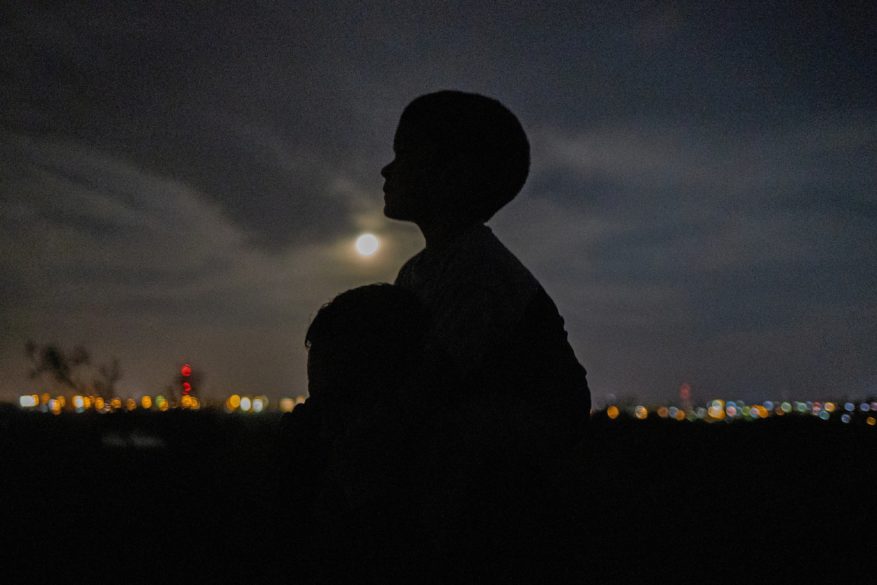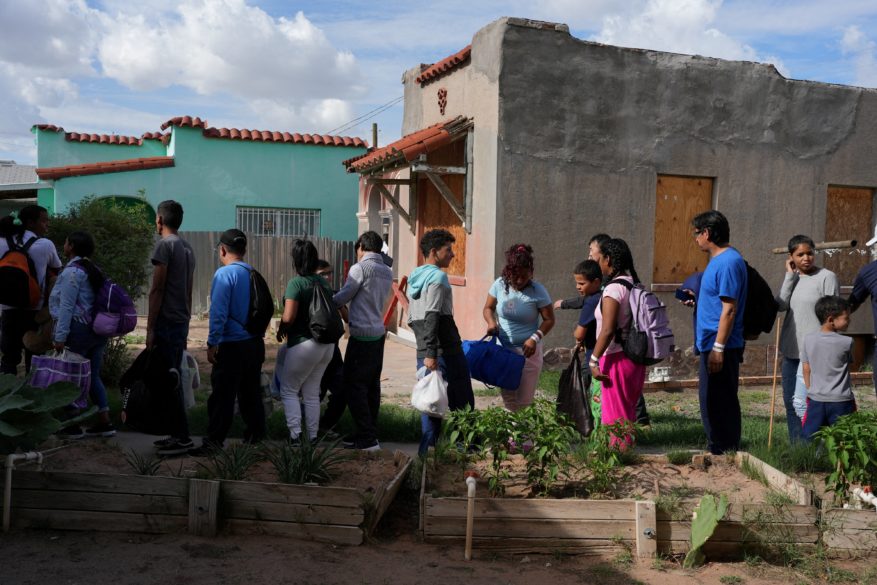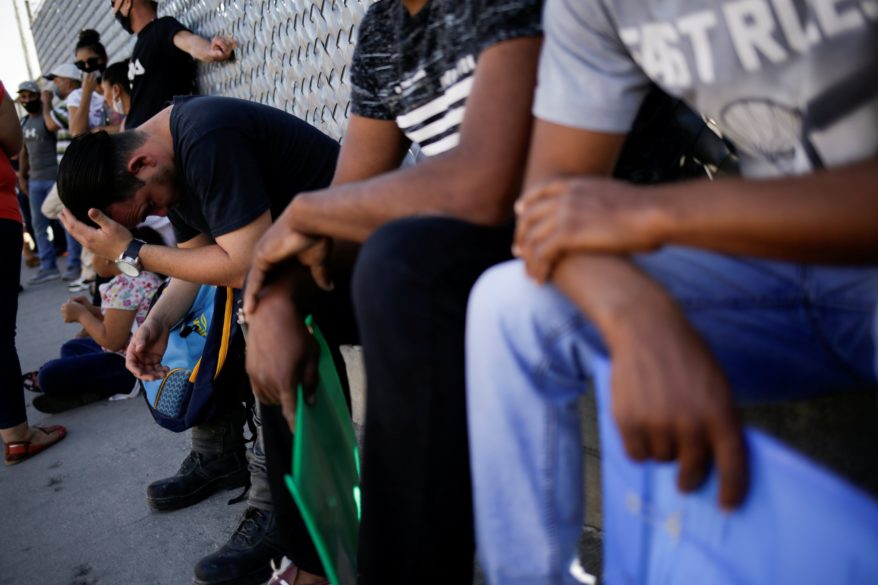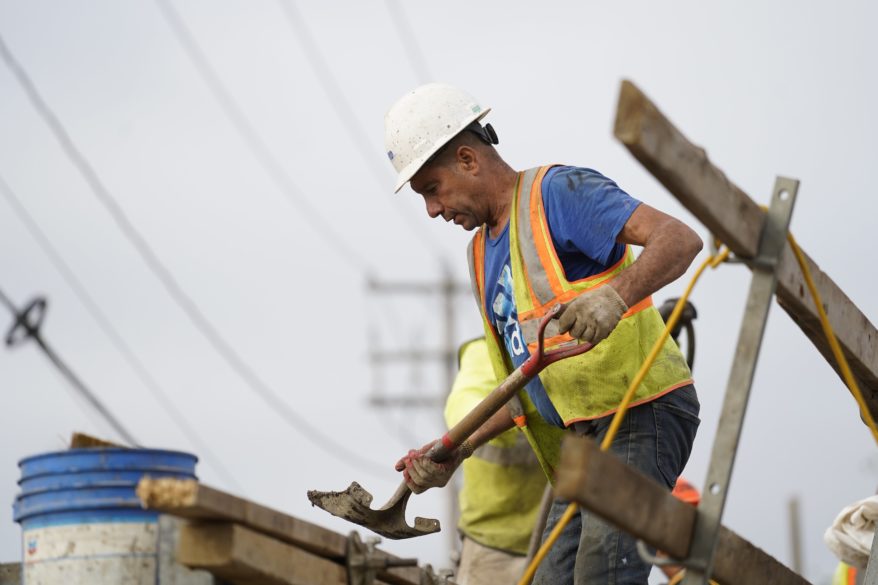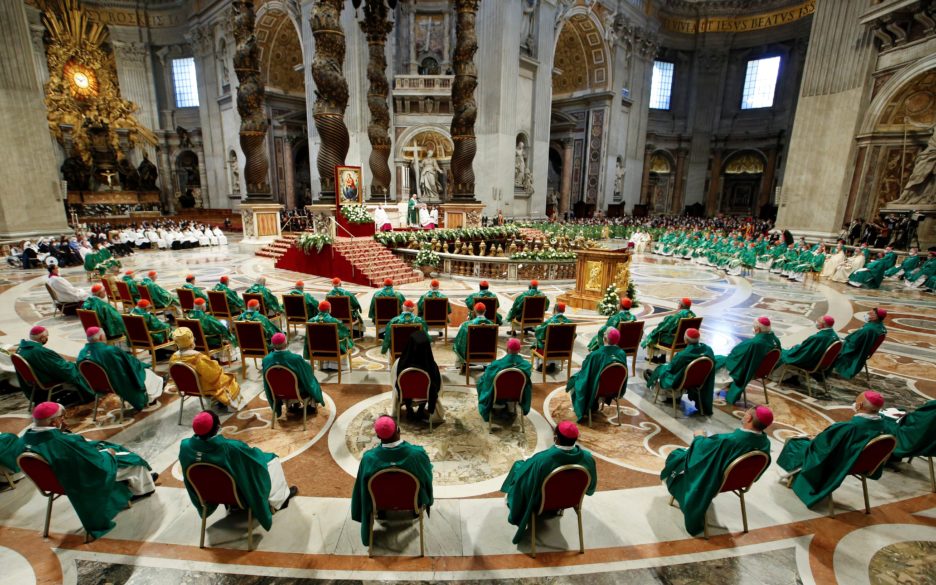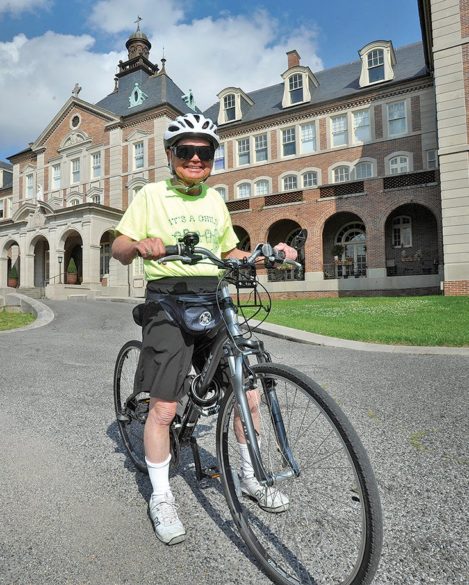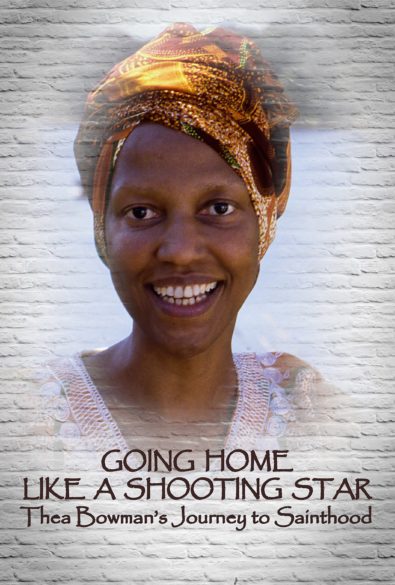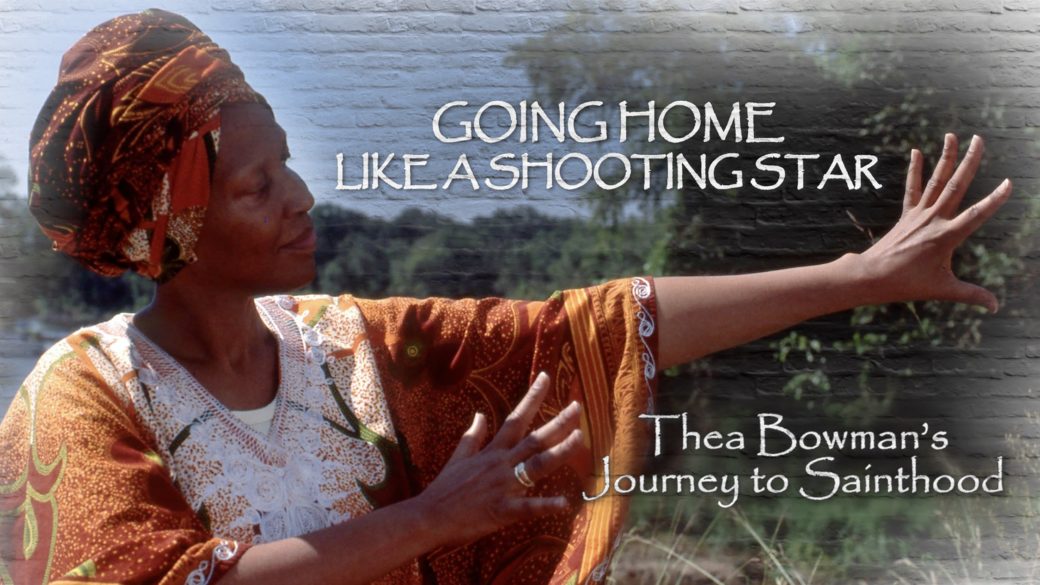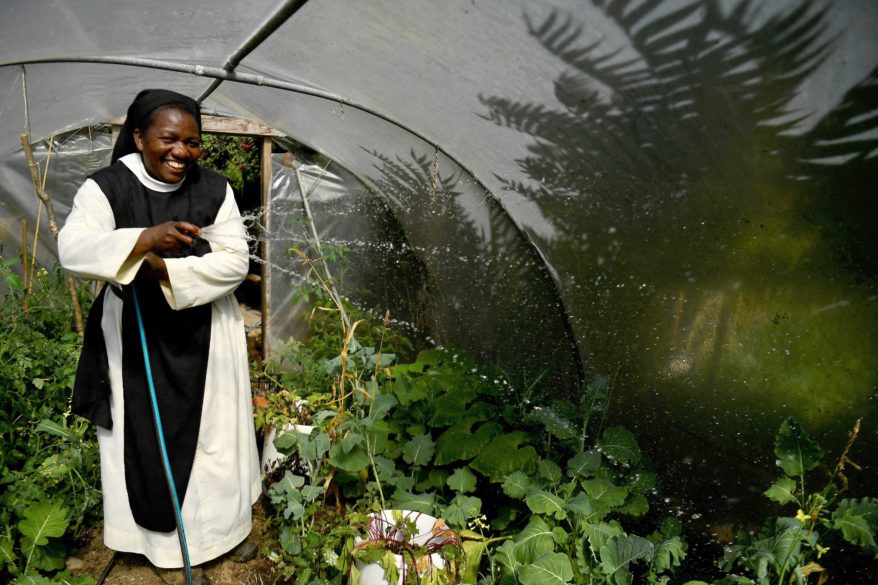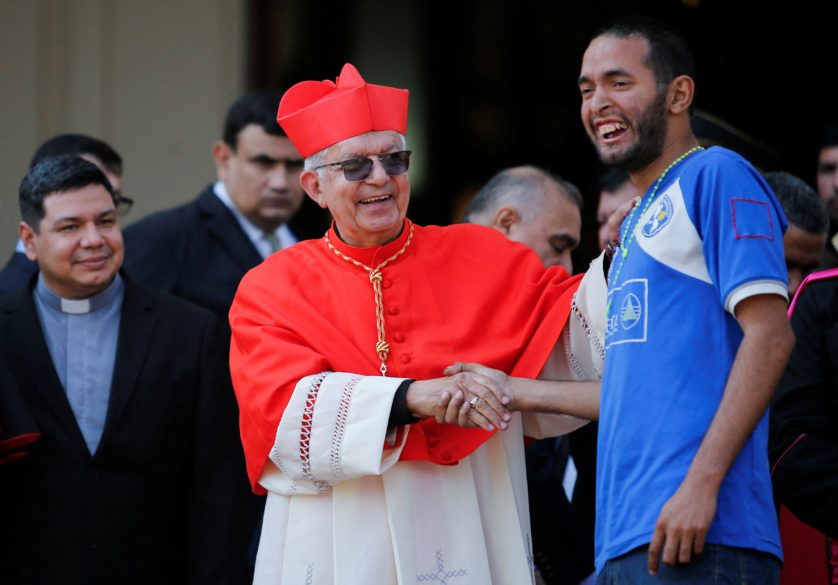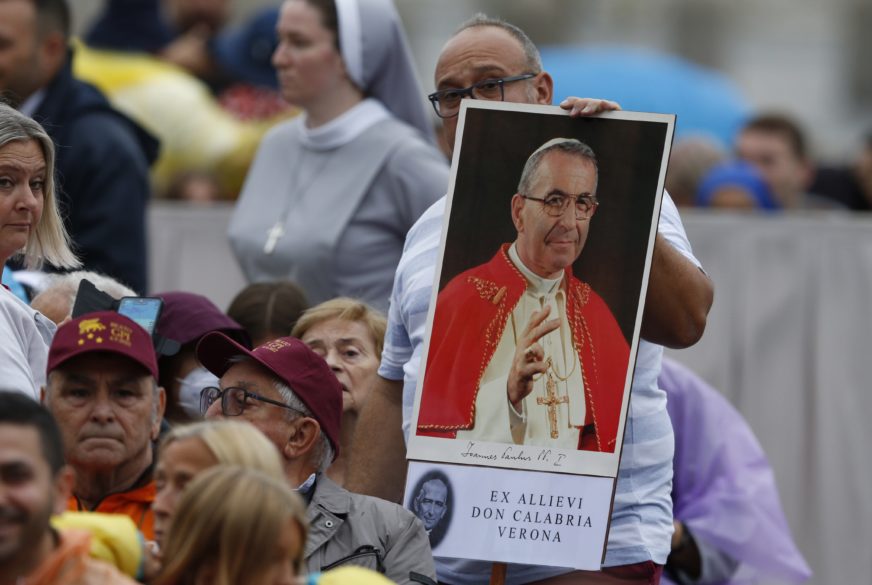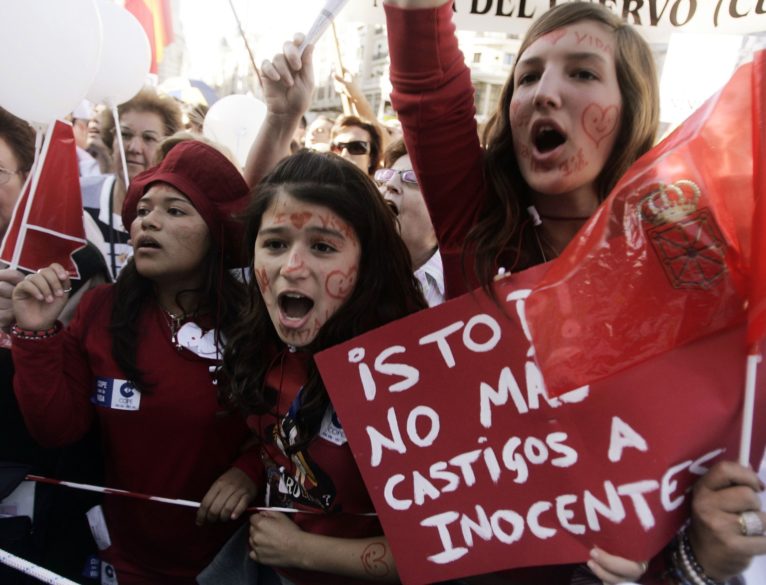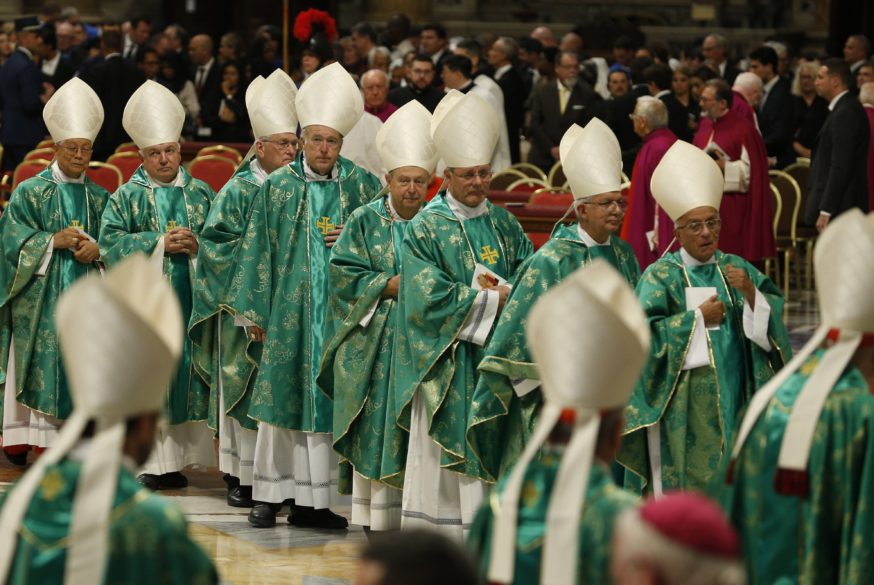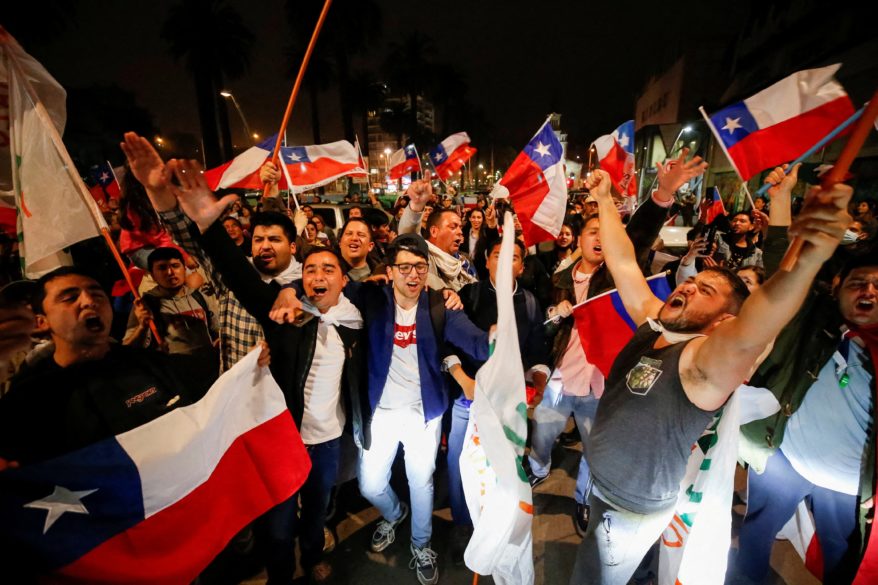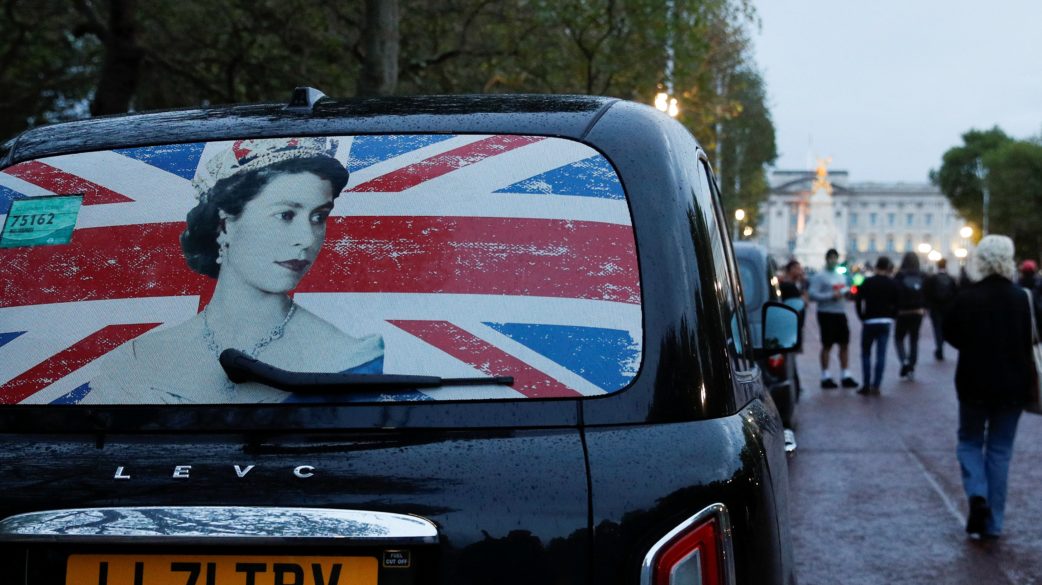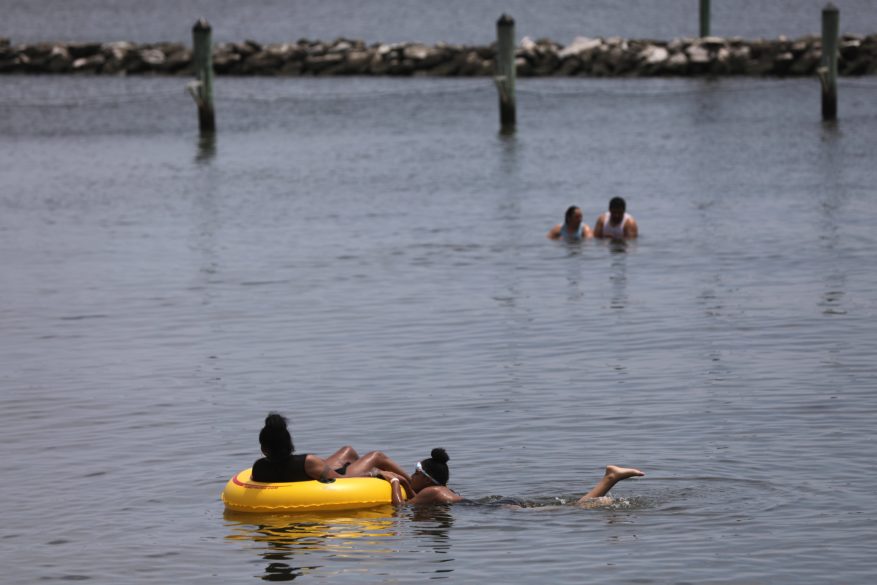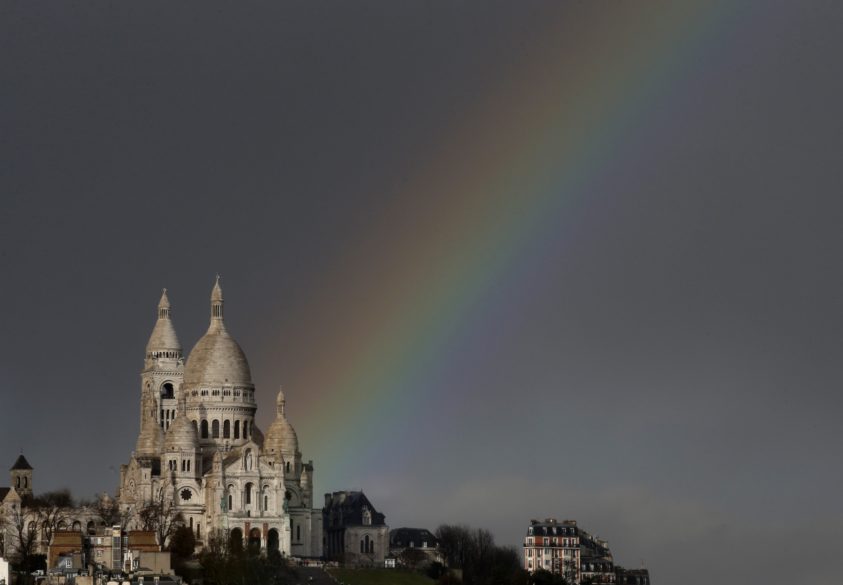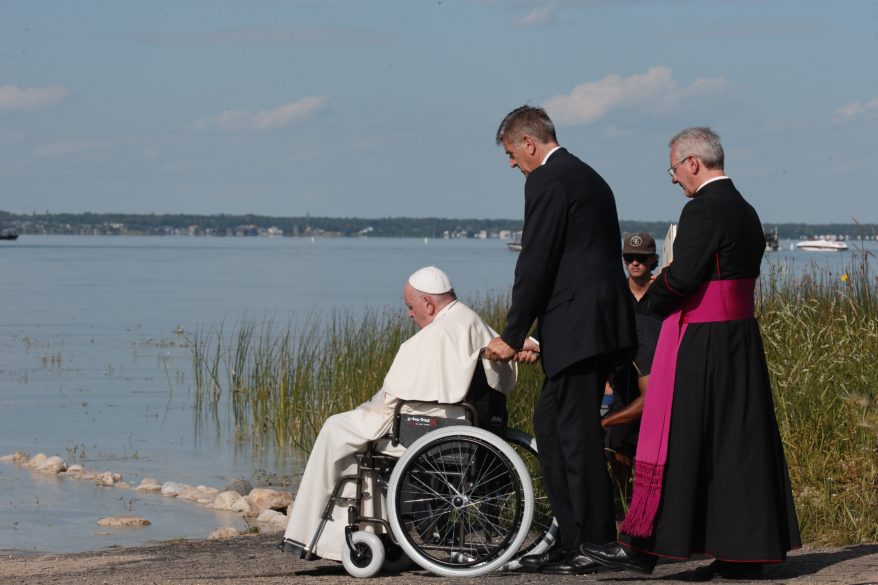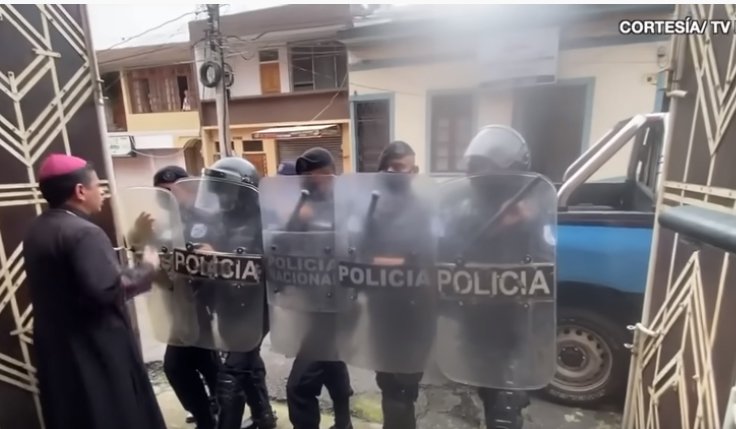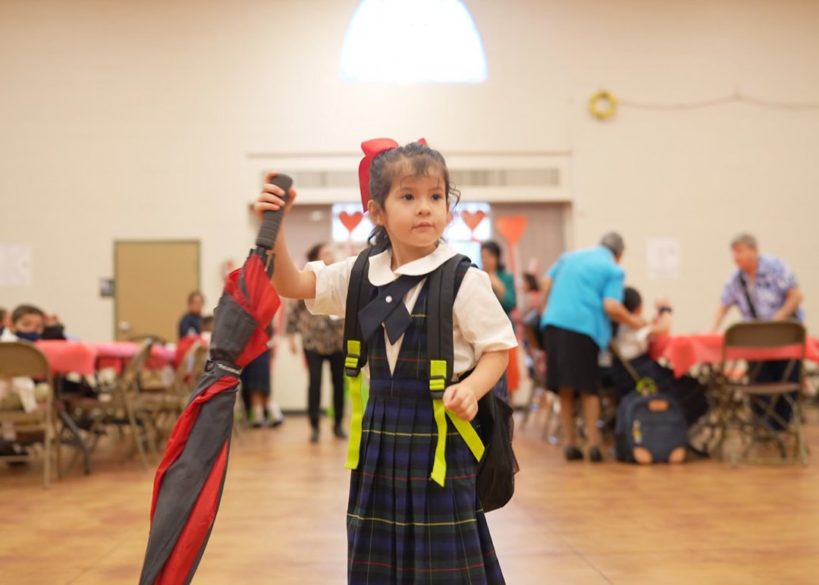Por Rhina Guidos
WASHINGTON (CNS) – Todavía no se conocen todos los daños del huracán Ian en las diócesis católicas de Venice y St. Petersburg o en el resto de la Florida, pero el presidente Joe Biden dijo en una conferencia de prensa el 29 de septiembre que es probable que termine siendo uno de los huracanes más peligrosos en la historia de la Florida.

“Los números (de muertos)… aún no están claros, pero estamos escuchando los primeros informes de lo que puede ser una pérdida sustancial de vidas”, dijo el presidente.
No se reportaron muertes oficiales a principios del 29 de septiembre, pero las autoridades apenas estaban comenzando los esfuerzos de búsqueda y rescate, que se vieron obstaculizados por los escombros esparcidos en las carreteras y puentes dañados por vientos de 155 mph de Ian tras su pasó en la Florida el 28 y 29 de septiembre.
“Sabemos que muchas familias, muchas, muchas, están sufriendo hoy y todo nuestro país sufre con ellas”, dijo el presidente Biden durante la conferencia de prensa en la sede de FEMA en Washington.
Prometió visitar el estado en el futuro para no molestar durante esfuerzos iniciales de rescate, pero prometió ayuda económica del gobierno federal y ayudar a Florida a recuperarse.
El gobernador de Florida, Ron DeSantis, en una conferencia de prensa del 29 de septiembre, dijo que el impacto del huracán Ian en su estado es histórico. Informó que más de 2 millones están sin electricidad en su estado.
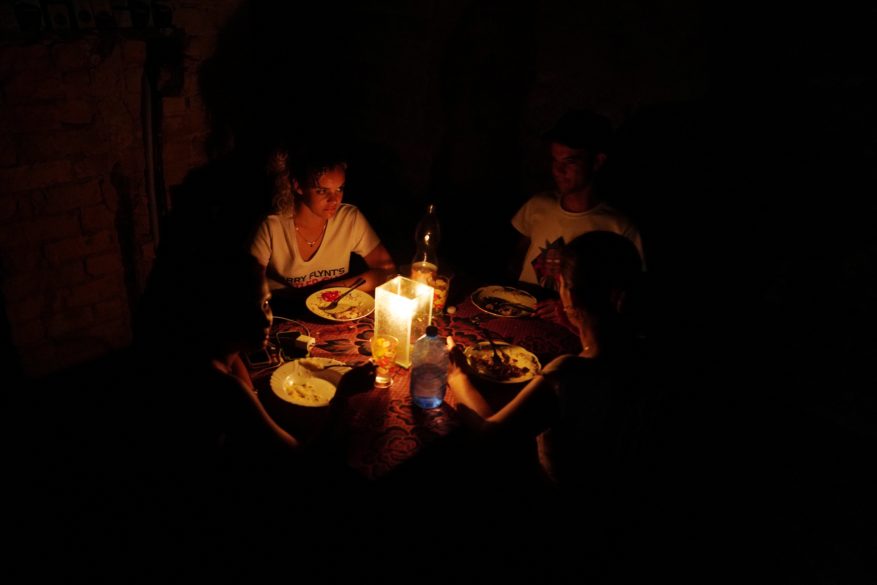

“El daño que se hizo ha sido histórico y esto es solo de las evaluaciones iniciales… Nunca hemos visto un evento de inundación como este. Nunca hemos visto una marejada ciclónica de esta magnitud”, dijo.
Organizaciones como Catholic Charities USA dijeron que cuentan con sus equipos de respuesta para hacer frente a las secuelas de la enorme tormenta de categoría 4 que azotó el oeste y el centro de Florida.
Incluso en un estado acostumbrado a fuertes tormentas, la destrucción de Ian asombró, dejando recuerdos de su poder en forma de automóviles golpeados por el viento y agua, que quedaron flotando en las calles inundadas de la ciudad junto a árboles y partes de techos arrancados de los edificios en las ciudades de Fort Myers, Tampa y Punta Gorda.
Parte de un puente que conectaba la isla de Sanibel con el continente de Florida se derrumbó.
En una serie de actualizaciones para el Tampa Bay Times, el reportero Zachary T. Sampson escribió el 29 de septiembre que: “En la playa de Fort Myers, los funcionarios de emergencia esperan encontrar cuerpos entre los escombros. Saben que la gente no hizo caso a las órdenes de evacuación…”.
Las diócesis de las áreas afectadas cerraron sus iglesias, escuelas y otros centros. La Diócesis de Venice publicó un video de las Siervas de la Virgen de Matara el 28 de septiembre mientras los voluntarios ayudaban a tapar las ventanas de la Iglesia St. Michael en Wauchula, en la parte norte de la diócesis.
No hubo actualizaciones en las redes sociales o en los sitios web de esas diócesis a principios del 29 de septiembre.
El obispo Gregory L. Parkes de St. Petersburg, que incluye a Tampa, y el obispo Frank J. Dewane de Venice habían pedido oraciones, sabiendo que sus territorios diocesanos estaban en el paso de la tormenta.
Algunos otros obispos de EE. UU. mantuvieron un ojo en noticias del huracán y ofrecieron su solidaridad con el pueblo de Florida.
“Oramos por todas las personas en Florida, especialmente por las vidas de las personas afectadas”, escribió el arzobispo Gustavo García-Siller de San Antonio en Twitter justo antes de que el huracán tocara tierra. “¡Que tú, Señor, seas su fuerza! No controlamos todo”.
Más de 2 millones seguían sin electricidad cuando el huracán, el cual disminuyó a tormenta tropical a principios del 29 de septiembre, se dirigía al norte hacia Georgia, Carolina del Norte y Carolina del Sur. Personas en Twitter pidieron noticias sobre las condiciones en lugares como Venice, cerca de donde la tormenta tocó tierra y donde muchos, incluso sus familiares, permanecen sin comunicación.
Las autoridades comenzaron a inspeccionar los daños a principios del 29 de septiembre, buscando a aquellos que no habían logrado salir antes del paso del huracán. Pidieron a los que se quedaron en sus hogares que permanecieran adentro mientras se llevan a cabo rescates acuáticos pero aún luchaban por abrir camino entre los escombros y las inundaciones y el viento restantes.
Catholic Charities USA dijo en un comunicado que sus equipos de respuesta a desastres “tienen un largo historial de movilización rápida para satisfacer las necesidades de los afectados por eventos catastróficos en los EE. UU. y sus territorios”.
La organización pidió donaciones en https://ccusa.online/Ian para ayudar a quienes enfrentan a la destrucción de la tormenta.
El gobernador DeSantis dijo el 28 de septiembre que los esfuerzos de recuperación necesitan asistencia económica y pidió a las personas que no envíen artículos, como ropa, a la Florida y mejor den ayuda económica o se ofrezcan como voluntarios.
También dijo que le pidió al presidente Biden una declaración de desastre mayor para que el gobierno federal pague los esfuerzos de recuperación en el estado. Biden dijo en su conferencia de prensa que el gobierno ayudaría al pueblo de la Florida.
En Cuba, donde Ian causó estragos el 27 de septiembre antes de dirigirse a Florida, la diócesis más afectada publicó el 28 de septiembre en Facebook fotos de daños generalizados, cultivos destruidos, techos dañados y edificios derrumbados en Pinar del Río, donde niños ayudaban con los esfuerzos de limpieza en las iglesias católicas.
La agencia de noticias EFE dijo que se reportaron tres muertes en la isla hasta septiembre y Cuba permanece en gran parte sin electricidad. Su cultivo de tabaco, famoso por los cigarros de la isla, ha resultado dañado.
“Las imágenes son devastadoras. Un pueblo sumido en la miseria y la desesperanza ahora se enfrenta al embate de un fenómeno natural de gran magnitud”, dice la publicación de Facebook de la página de la Diócesis de Pinar del Río, donde el huracán tocó tierra. “El huracán Ian ha destruido viviendas, cultivos, centros estatales, etc, pero también ha sembrado tristeza y desolación”.
La publicación dijo que tanques de agua resultaron dañados, junto con ventanas y techos, y propiedad personal en muchas casas, y “personas que se han quedado sin lo poco que tenían”, dice la publicación, y agrega que hay “en medio de todo, la tristeza y preocupación por un futuro muy incierto”.
“Así está la Diócesis de Pinar del Río hoy”, dice la publicación, pero agrega que “en medio de esta realidad la Iglesia desea hacerse presente para decirnos que no estamos solos, que Dios no nos ha abandonado”.

